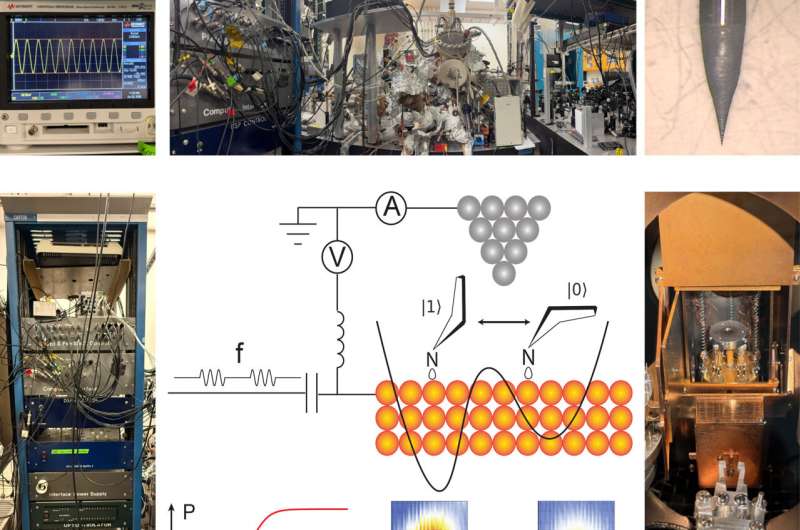
by Ingrid Fadelli | Oct 3, 2025 | General Physics, PHYS.ORG, Physics
Quantum stochastic rectification is a process observed in some physical systems, which entails the conversion of random quantum fluctuations (i.e., quantum noise) and a small oscillating signal, such as a weak alternating current or AC voltage, into a steady output...
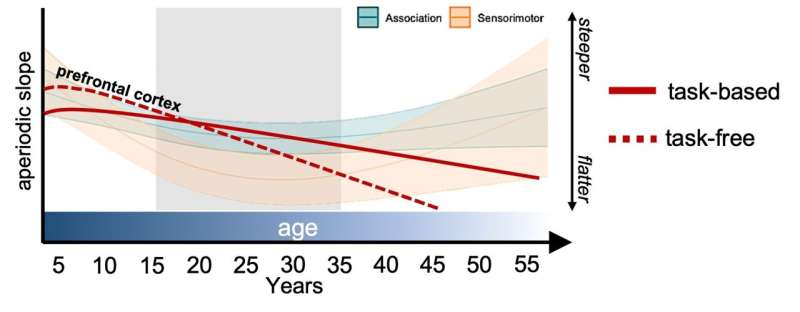
by Ingrid Fadelli | Oct 3, 2025 | Diseases, Conditions, Syndromes, MEDICALXPRESS, Neuroscience
For over a century, neuroscientists and psychologists have been trying to understand the neurophysiological mechanisms underpinning the human brain’s development from birth to late adulthood. While past studies have shed light on some of these mechanisms,...
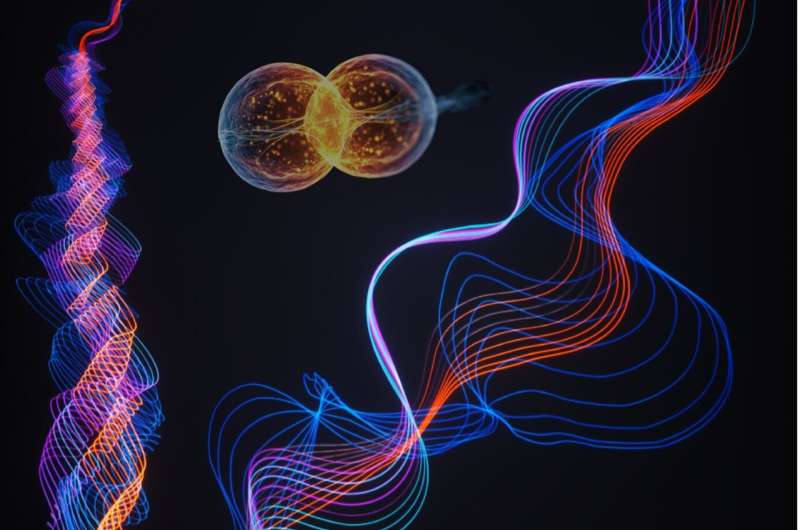
by Ingrid Fadelli | Oct 3, 2025 | PHYS.ORG, Physics, Quantum Physics
Topological materials are a class of materials that exhibit unique electronic properties at their boundary (surface in 3D materials; edge in 2D materials) that are robust against imperfections or disturbances and are markedly different from their bulk properties. In...
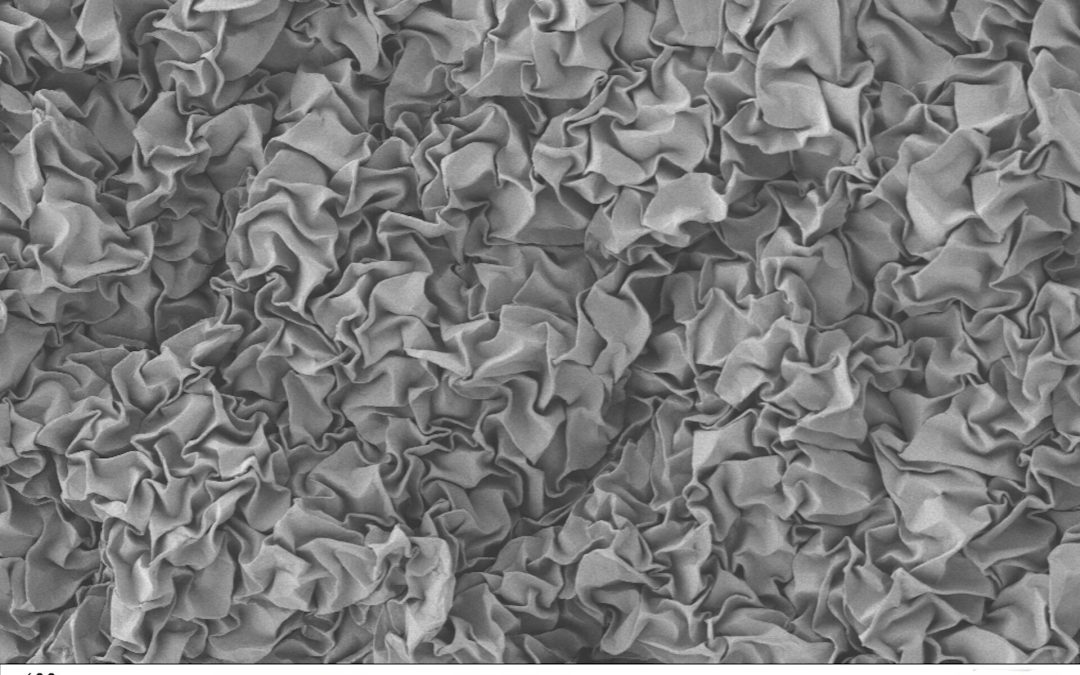
by Ingrid Fadelli | Oct 3, 2025 | nanomaterials, Nanophysics, Nanotechnology, PHYS.ORG, Physics
The reliable separation of some gases from others could be highly advantageous for a wide range of applications. For instance, it could help to produce hydrogen (H2) for fuel cells and chemical applications or to capture the carbon dioxide (CO2) emitted by industrial...
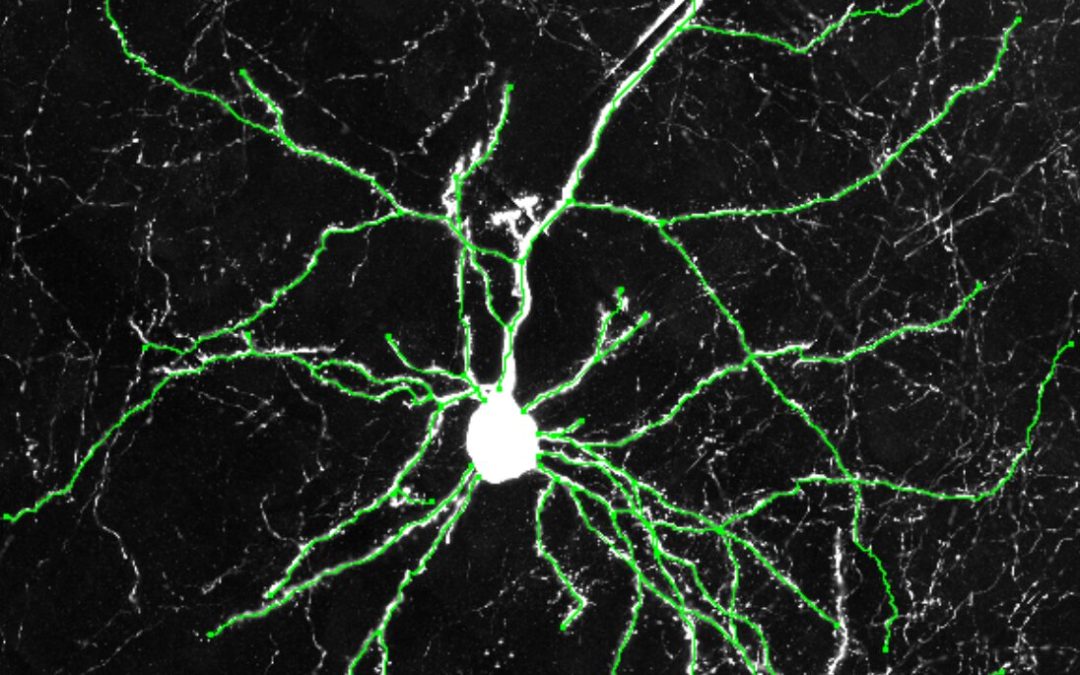
by Ingrid Fadelli | Oct 3, 2025 | Genetics, MEDICALXPRESS, Neuroscience
Clock genes are a set of genes known to contribute to the regulation of the human body’s internal 24-hour cycle, also known as the circadian rhythm. One of these genes is the so-called CLOCK gene, a protein that regulates the activity of other genes,...






